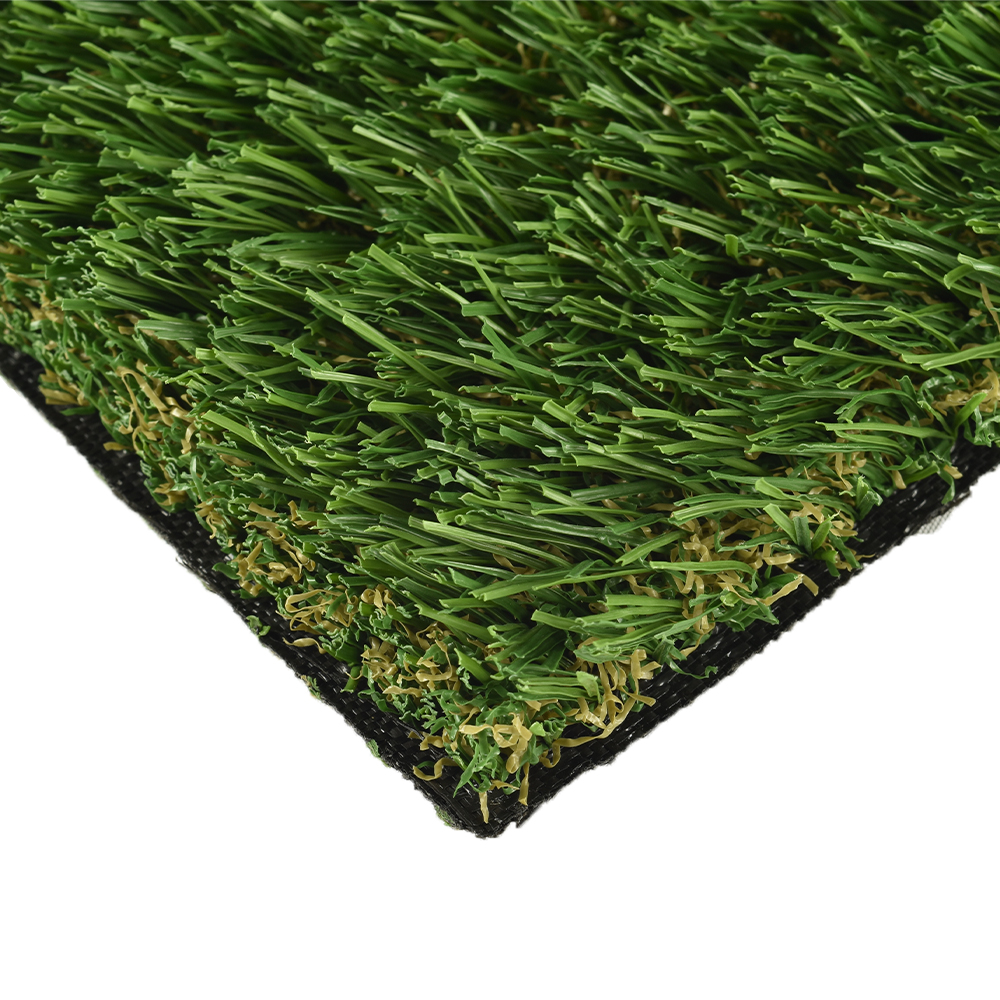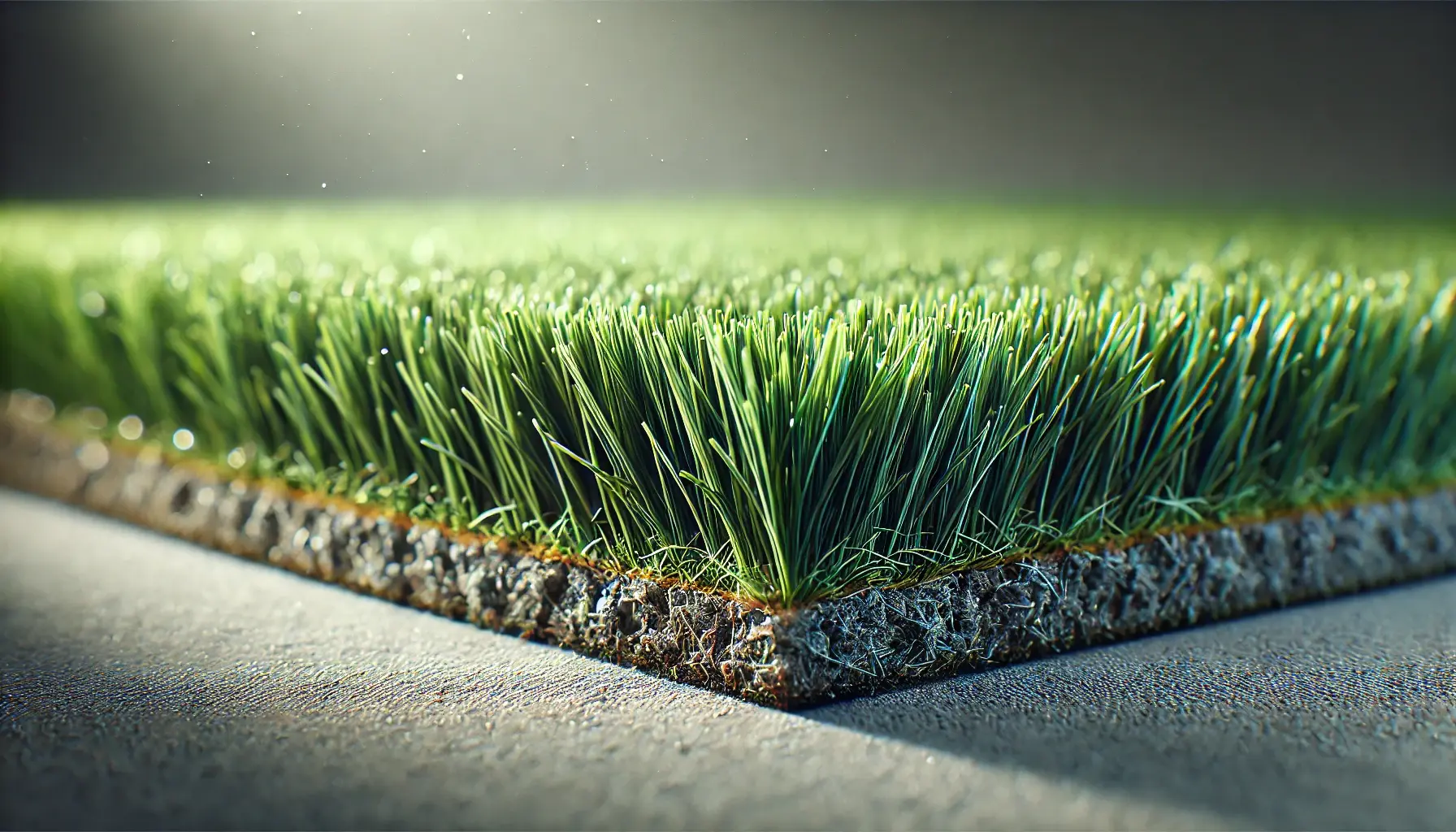Get the Leading Turf Installation Phoenix AZ Services for Your Home or Commercial Property
Get the Leading Turf Installation Phoenix AZ Services for Your Home or Commercial Property
Blog Article
Delve Into the Environmental Conveniences of Opting for Artificial Lawn Solutions
The fostering of synthetic grass services presents an engaging opportunity to attend to pressing ecological difficulties. By considerably reducing water usage and lessening the application of dangerous chemicals, these options not only advertise sustainable landscaping but also shield regional communities. The reduced carbon footprint linked with reduced maintenance activities contributes to an extra sustainable technique to land monitoring. Nevertheless, the effects of these benefits expand past mere preservation efforts, questioning concerning their long-lasting influence on habitat preservation and overall eco-friendly balance. Checking out these dimensions exposes a complicated interaction worth considering.
Water Preservation Benefits
One of the most significant advantages of fabricated lawn is its ability to conserve water. In comparison, synthetic turf does not need watering, significantly reducing the total demand for water sources.
By removing the need for routine watering, synthetic grass adds to sustainable landscape methods and assists minimize the environmental influence of too much water usage. The conservation of water prolongs to the decrease of drainage, which can lead to soil erosion and waterway contamination.
In addition, the setup of synthetic grass allows home owners and communities to allocate water resources a lot more successfully, concentrating on vital uses such as alcohol consumption water and farming. The shift towards man-made lawn not only promotes accountable water use however additionally lines up with wider ecological objectives intended at preserving natural resources.
As neighborhoods progressively focus on sustainability, the water preservation advantages of synthetic grass present a compelling situation for its fostering in business and residential landscaping projects.
Reduced Chemical Use
The transition to synthetic grass substantially reduces the reliance on chemical therapies generally made use of in all-natural lawn upkeep. Traditional lawn monitoring commonly entails the application of herbicides, fertilizers, and pesticides to advertise growth and control pests. These chemicals can pose risks to human health, local wild animals, and the atmosphere, adding to soil and water contamination.
In contrast, fabricated lawn gets rid of the need for these hazardous substances. As soon as set up, it requires marginal maintenance, mostly consisting of normal cleaning and irregular infill replenishment. This reduction in chemical usage not only profits the immediate atmosphere but additionally contributes to more comprehensive eco-friendly security. By reducing the launch of synthetic substances into the ecosystem, synthetic grass advertises healthier soil and water supply.
In addition, the lack of chemical drainage connected with fabricated turf setups aids safeguard regional rivers from air pollution, supporting water life and maintaining biodiversity. Turf installation phoenix az. As neighborhoods progressively focus on sustainable practices, choosing for synthetic grass provides a practical option that straightens with ecological conservation goals. With this change, homeowner can take pleasure in lavish green spaces without endangering ecological health and wellness, leading the way for an extra sustainable future
Reduced Carbon Impact

Additionally, the installment of synthetic grass can cause significant water conservation. Natural grass need considerable amounts of water for irrigation, which not only contributes to the carbon footprint connected with water extraction and therapy yet also strains local water resources. In contrast, synthetic grass requires marginal upkeep, calling for no watering, thus dramatically lowering water use and its linked power costs.
Additionally, the longevity of synthetic lawn contributes to its decreased carbon effect. With a life expectancy of as much as 15 years or more, the requirement for regular replacements is decreased, resulting in less waste and lower energy intake in production and disposing of traditional grass alternatives. Overall, synthetic grass offers a lasting option for eco mindful landscaping.
Habitat Conservation
Habitat conservation is an important consideration in the debate over landscape design choices, specifically when comparing artificial lawn to all-natural grass. All-natural turf yards commonly need substantial maintenance, consisting of the use of fertilizers, herbicides, and chemicals, which can adversely impact neighborhood environments. These chemicals can leach right into the soil and rivers, hurting indigenous plants and animals and interrupting local environments.
Artificial turf gets rid of the requirement for dangerous chemicals, therefore protecting close-by wildlife and preserving the stability of surrounding environments. The installation of artificial lawn can lead to the conversion of previous yard locations right into even more biodiverse landscapes, such as pollinator yards or indigenous plant locations, which can support regional wild animals.
Eventually, the shift to synthetic grass not only saves water and minimizes official source maintenance efforts but also fosters a more unified partnership in between human activities and the all-natural environment, promoting habitat preservation in the process.
Long-Term Sustainability
Lasting sustainability is a crucial consider reviewing the benefits of synthetic grass over traditional grass lawns. Among the most significant advantages of synthetic these details grass is its sturdiness; it can last up to 15-20 years with marginal maintenance, whereas natural grass calls for regular reseeding and replacement. This long life decreases the requirement for constant sources, such as water, fertilizers, and chemicals, which are vital for maintaining a healthy grass lawn.
Additionally, man-made turf adds to a decrease in carbon discharges associated with grass care tools. Conventional grass usually require gas-powered lawn mowers, trimmers, and blowers, every one of which add to air contamination. Artificial turf companies phoenix. On the other hand, synthetic grass eliminates the need for such tools, promoting a cleaner atmosphere
Moreover, the manufacturing of man-made turf progressively makes use of recycled materials, improving its sustainability account. As manufacturers embrace eco-friendly methods, the ecological footprint of man-made lawn remains to diminish.

Final Thought
The adoption of synthetic grass options presents substantial environmental benefits, including substantial water preservation, decreased dependence on dangerous chemicals, and a find out here now lower carbon impact. Man-made lawn aids in protecting natural environments by reducing land disruption and advertising long-term sustainability with the use of sturdy materials. Collectively, these variables underscore the capacity of synthetic grass to add positively to environmental wellness and use a sensible alternative to traditional landscape design techniques in an increasingly resource-conscious globe.
In comparison, synthetic grass does not need watering, substantially lowering the overall demand for water sources. By decreasing the release of synthetic compounds right into the ecosystem, synthetic grass advertises much healthier dirt and water systems.
Moreover, the installment of fabricated turf can result in substantial water conservation. In contrast, man-made grass requires very little upkeep, calling for no watering, thus substantially lowering water use and its linked power expenses.

Report this page